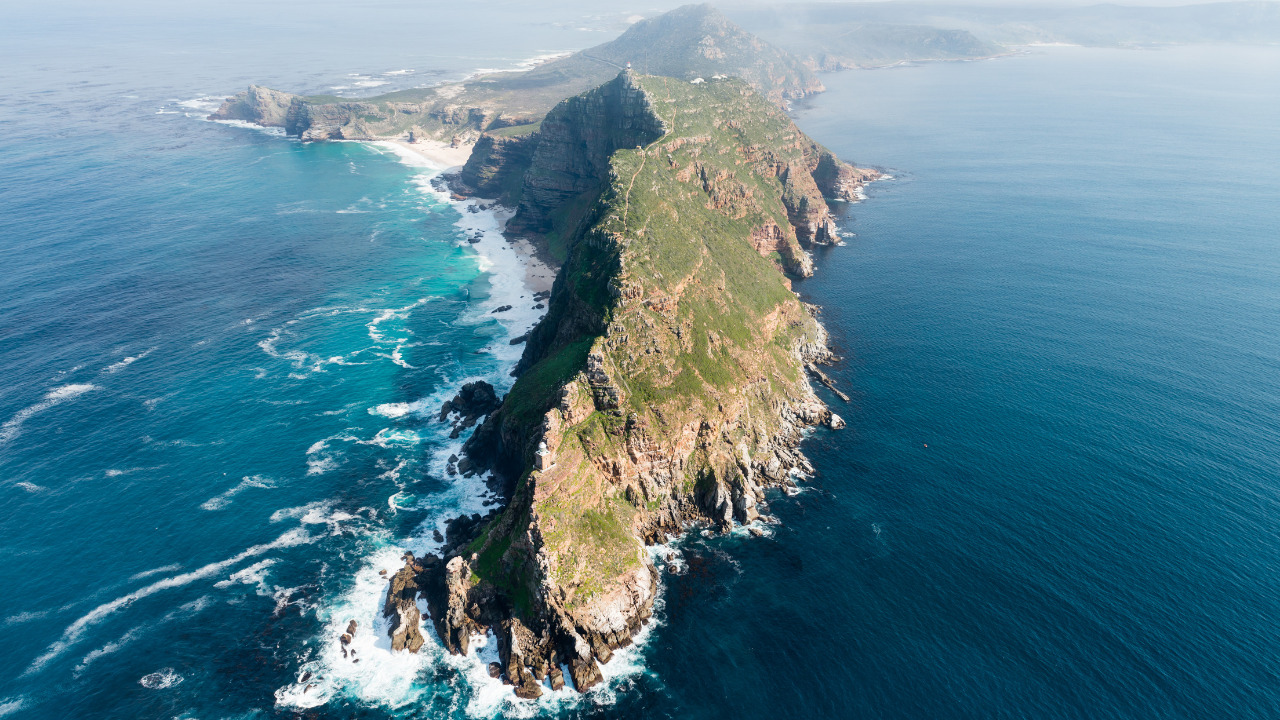Americas: Heightened risk of social unrest ahead of 25 June general elections in Guatemala
Sectors: all
Key Risks: civil unrest; political violence; electoral fraud
In Guatemala, on 25 June citizens will go to the polls to elect the next president and new members of congress amid record low public trust in the country’s institutions. Only 16 per cent of citizens trust the TSE – the country’s electoral tribunal – down from 31 per cent in 2019. In a move condemned by Human Rights Watch, the TSE has, in recent months, controversially banned several candidates – including frontrunner Carlos Pineda, indigenous leftist leader Thelma Cabrera and right-wing Roberto Arzu – from running for president. Edmont Mulet, Zury Rios and Sandra Torres are among the favourites of 22 presidential candidates. Protests, including disruptive road blockades, against the TSE’s rulings have been intermittently reported across the country since 20 February. Further disruptive unrest with a potential to turn violent should be expected in the lead up to and likely after the vote.
Asia Pacific: Philippine security forces intensify operations following killing of DI leader
Sectors: all
Key Risks: terrorism; violent clashes; targeted attacks
In the Philippines, on 14 June two police officers were killed and four others were injured following an ambush on a police station in Shariff Aguak, Maguindanao del Sur province, in the Bangsamoro Autonomous Region in Muslim Mindanao (BARMM). While the perpetrators and their motive remained under investigation, authorities believed that the ambush was likely in retaliation for the killing of Abu Zacharia – the leader of the Islamic State (IS)-affiliated Maute Group, also known as Dawlah Islamiya (DI) – earlier in the day. Security forces have since intensified counter-terrorism operations across the region, including against the Bangsamoro Islamic Freedom Fighters (BIFF) militant group. A subsequent leadership vacuum in DI following Abu Zacharia’s killing will likely demoralise the group and severely weaken its operations. Nonetheless, in light of continued security force operations, possible retaliatory attacks by militant networks cannot be ruled out.
Eurasia: Central Asia’s water crisis worsens amid record-high temperatures
Sectors: all; agriculture
Key risks: protests; water shortages
In Central Asia, in early June several cities began experiencing water shortages as the region was hit by unusually high temperatures. On 7 June residents in Kyrgyzstan’s capital Bishkek blocked several of the city’s main roads to protest the lack of drinking water after authorities imposed restrictions on water use at nighttime. On 9 June residents in Kazakhstan’s capital Astana also blocked roads over a shortage of drinking water. On 7 June authorities in the Kazakh city of Aktau declared a state of emergency over the critically low level of the Caspian Sea, which provides drinking water for the port city through recycling sea water. Water-related infrastructure has failed to keep up with the region’s booming populations and the shortages are likely to worsen as temperatures reach record highs in the coming weeks, fueling further localised protests and hurting the region’s agricultural output.
Europe: Greek voters head for early parliamentary elections
Sectors: all
Key Risks: political stability
In Greece, on 25 June citizens will head to the polls to vote in the early parliamentary elections. Prime Minister Kyriakos Mitsotakis announced the round of second voting after no party gained enough votes to form a single-party government in the 21 May elections and the top three parties rejected separate mandates to form a coalition. The second round will take place under a semi-proportional representation system that will grant the winning party 50 bonus seats if it secures 40 per cent of the vote. Mitsotakis faced a wave of public anger and protests in March following a train crash which killed 57 people. However, his centre-right New Democracy party secured a landslide victory with 40.8 per cent of votes in the first round of elections and is likely to secure a majority in the second.
MENA: Ankara escalates campaign against Kurdish groups in northern Syria
Sectors: all
Key Risks: internal conflict; external conflict; regional stability
In Syria, on 15 June at least 16 Kurdish Syrian Democratic Forces (SDF) militants were ‘neutralised’ in Tal Rifa’at and Manbij in the northern Aleppo province according to Turkey’s Defence Ministry – meaning they were either killed, captured or surrendered. Since Turkey’s President Recep Tayyip Erdogan’s re-election on 28 May, Turkish military forces have escalated attacks against Kurdish groups – including SDF – which Ankara alleges to be a front for the Kurdistan Workers’ Party (PKK). In the past two weeks, at least 52 Kurds were either killed or injured in an unprecedented 15 separate Turkish drone attacks in the northern Syrian provinces. Ankara considers Kurdish separatist groups to be the primary threat to Turkish national security. Consequently, authorities will likely continue operations against Kurdish groups within Turkey and across its borders with Iraq and Syria – with a greater focus on the latter.
Sub-Saharan Africa: At least 41 killed in ADF attack on school in Kasese district, Bukonjo, Uganda
Sectors: all
Key Risks: kidnapping; internal conflict; terrorism
In Uganda, on 16 June Islamic State (IS)-affiliate Allied Democratic Forces (ADF) militants attacked the Lhubiriha School killing at least 41 civilians in Kasese district, Bukonjo, near the border with the Democratic Republic of Congo (DRC). The militants fled with six kidnap victims across the border into Virunga National Park. Although the ADF maintains a strong presence in the DRC, such attacks on Ugandan territory remain relatively rare. The 16 June attack was the largest one targeting a school in 25 years. The motive behind the incident remains unknown. However, the Uganda People’s Defence Force (UPDF) deployed to the DRC as part of Operation Shujaa – a 2021 joint counter-offensive with the Congolese army against ADF rebels. The risk of similar attacks remains high, particularly as Kampala vowed to deploy more troops to the DRC following the incident.

